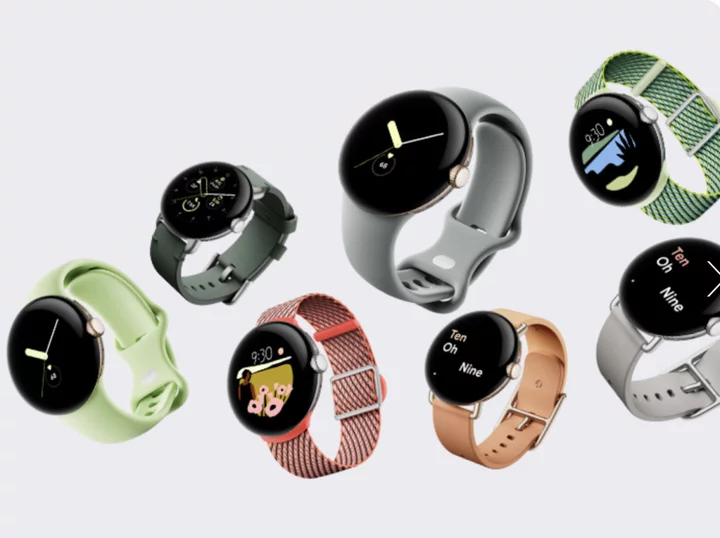
Save over £120 on the Google Pixel Watch this Prime Day
TL;DR: The Google Pixel Watch is packed with tech and apps to perfectly fit modern
2023-07-11 22:48
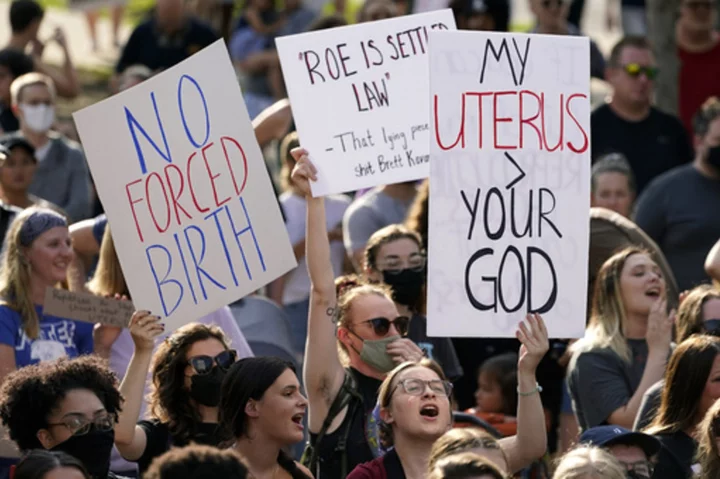
Iowa Legislature considers 6-week abortion ban during a special session
Protesters are gathering at the Iowa Capitol rotunda Tuesday as the Legislature convenes a special session on abortion restrictions
2023-07-11 22:47

The best Prime Day products to shop
Amazon Prime Day is officially here. Mashable Shopping Reporter Bethany Allard walks us through the
2023-07-11 22:46

Ryan Bartlett Named Chief Technology Officer at Food and Ag Gene Editing Leader, Pairwise
DURHAM, N.C.--(BUSINESS WIRE)--Jul 11, 2023--
2023-07-11 22:28

Emilia Clarke’s brain haemorrhage ‘profoundly changed our lives’, says star’s mother
Emilia Clarke’s mother has described how her daughter’s brain haemorrhage changed the Clarke family “in an instant”. Emilia, who played Daenerys Targaryen on Game Of Thrones, and her mother set up a brain injury charity after the star survived two life-threatening brain conditions while she was filming the hit TV show. Jenny Clarke said it feels like her daughter’s brain haemorrhage – a bleed on the brain – “feels like yesterday” even though it was more than a decade ago. The incident, which took place when Emilia was working out in a north London gym in 2011, was “completely out of the blue”, Jenny said. She said her daughter fought to stay conscious even though she was in “the worst pain she could ever imagine”. Emilia, now aged 36, was taken to a hospital in London but medics did not immediately spot that she had suffered a brain haemorrhage and it took “a long time” before she was sent to a specialist hospital where she received life-saving care, Jenny told the PA news agency. Jenny said there needs to be more awareness among medics about brain haemorrhages in young people because the condition is traditionally seen as something that happens to older people. Emilia also had to have a second procedure in 2013 where surgeons in New York had to remove a brain aneurysm which was found through routine check-ups. The Me Before You star and her mother have since set up the charity SameYou which is working to develop better recovery treatment for survivors of brain injury and stroke. Jenny, who is chief executive of the charity, said that rehabilitation after brain injury is “undervalued and under-prioritised” and should be a “key component of universal health coverage”. She said that while people with serious side effects of brain injury – such as mobility or speech and language problems – do get support, there is often little or no help for people who suffer mild to moderate problems. Jenny told PA: “It feels like yesterday to us really, because it was just such a profound shock. “She had just started Game Of Thrones, the first season had been filmed and she had just come back from a press tour. “And then she had her first brain haemorrhage which was completely out of the blue – it was a morning in March and she was in the gym and she suddenly felt this terrible pain in her head – she’s been quoted as saying it was the worst pain she could ever imagine. “She also realised that something was seriously wrong with her because the pain was so intense. “So she did her best, as she was lying semi-unconscious on the floor of the gym, to try and make sure she kept a sense of what was around her and she fought to make sure that she didn’t lose consciousness.” Jenny added: “When she was rushed to a hospital in London, it was very difficult to establish what has happened to her – and that’s also something that we think is very important; maybe there isn’t enough specialist information and training to actually recognise what happens when you have a brain haemorrhage when you’re young. “People expect people to have strokes and brain haemorrhages when they’re older, it’s a problem of older age, but Emilia was 23 when she had her first brain haemorrhage, so people didn’t recognise it as a brain haemorrhage. “So it took a long time before she was admitted to the wonderful Queen Square (the National Hospital for Neurology and Neurosurgery), which is part of University College London Hospitals and literally her life was saved because of an intervention to stop the bleeding. “But it was three weeks in hospital before we knew whether she was going to have another stroke, and whether she would have different health problems as a result of the brain haemorrhage.” Jenny continued: “When it comes completely out of the blue, your life is just changed in an instant. And I must say that our lives have been continuously changed because of it.” After describing the second “open head surgery” in the US, Jenny said: “Those two great big shocks really have profoundly changed all of us as a family.” The comments come as Jenny attended the launch of the World Health Organisation’s (WHO) Rehabilitation Alliance in Geneva – a coalition which is calling on countries to do more for people in need of rehabilitation services. Jenny delivered a speech to the WHO about the power of advocacy, saying: “There is huge power if survivors come together with one voice to demand that integrated rehabilitation is moved up the agenda. “One in three people will experience a brain injury. They are the most powerful advocates – and this meeting is calling for their needs to be heard and action to be taken.” On rehabilitation for brain injury survivors, she told PA: “As a young person… when something like this happens, you absolutely must have as much support as possible and it just doesn’t really exist. “If you have severe consequences of brain injury, of course, there are many places helping people if you’ve got strong long-term, serious conditions, but what we found was, is that you can have mild to moderate brain injury – and that means you don’t have any necessarily physical issues; you don’t have necessarily any speech and language difficulties, but you do always have the trauma that you’ve had the problem – and there is a just a huge lack of awareness that this is important enough to put resources to get it treated.” She added: “Rehabilitation is undervalued and under-prioritised and that’s clearly got to change as a key component of universal health coverage. “It was such a shock when it happened to us, when Emilia had her brain injury. “We’ve had thousands of people write to us, and so it’s not just our own lived experience, there’s just not enough provision, not enough services available. “There is a great unmet need and a gap in service provision after you’ve survived a brain injury, and you’re trying to rebuild your life, particularly if you’re a young adult. “And what we are advocating for is there needs to be a lot more information given to survivors of brain injury, about what’s happened to them and their opportunity to get recovery services. “There is a gap between what survivors and their families say they need and want and what is currently available in many developed countries.” Read More It took until my thirties to realise I might not be white Carrie Johnson announces birth of third child with Boris Johnson: ‘Guess which name my husband chose’ Buckingham Palace responds to Joe Biden’s ‘protocol breach’ with King Charles Charity boss speaks out over ‘traumatic’ encounter with royal aide Ukraine war’s heaviest fight rages in east - follow live
2023-07-11 22:28
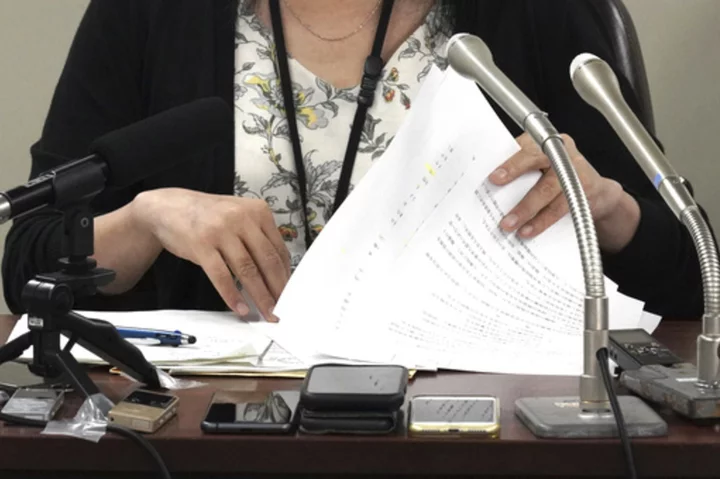
Japan's top court says government restrictions on transgender employee's use of restrooms illegal
Japan’s Supreme Court has ruled that restrictions imposed by a government ministry on a transgender female employee’s use of restrooms at her workplace are illegal, in a landmark decision that could promote LGBTQ+ rights in a country without legal protections for them
2023-07-11 21:57
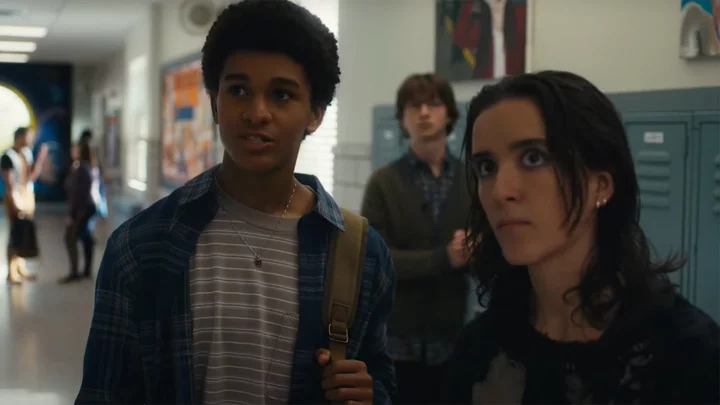
'Shelter' trailer teases a high schooler trying to track down his missing classmate
Harlan Coben can't seem to stop getting his books adapted by major streamers. Netflix has
2023-07-11 21:55
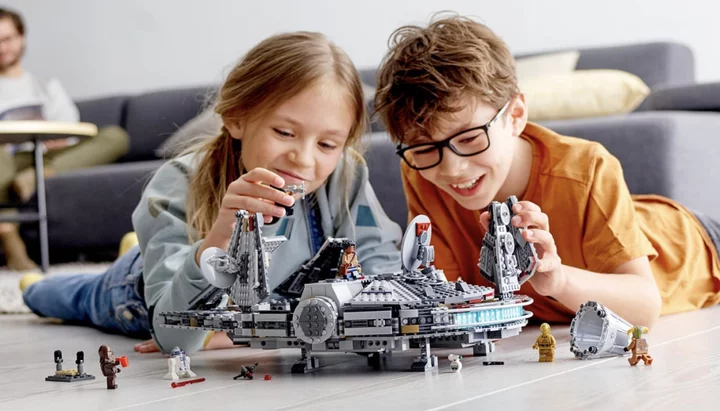
Save over 10% on the Lego Star Wars Millennium Falcon this Prime Day
TL;DR: The Lego Star Wars Millennium Falcon recreates the fastest ship in the galaxy in
2023-07-11 21:53

What is ‘bed rotting’ and is it actually self-care?
With 3.2 million views of the TikTok tag ‘bed rotting’ and copious videos, it seems Gen Z are embracing a slower pace of life, with self-care happening in bed. Creators are sharing their morning routines and experiences of bed rotting for self-care, but the trend has come under fire for its potential health implications. Content creator Vanessa Hill describes it in her video as: “When you do literally nothing but laying in bed. It is the end of optimisation.” According to psychologist and The Beekeeper House founder and CEO Robert Common, “Bed rotting is the practice of spending an extended amount of time during your normal waking hours, or even a whole day, lying in bed. You could be watching films, scrolling on social media, talking on the phone, eating, or anything you would normally do if you were at home relaxing. “This differs from bed rest to recover from illness or injury, and is often used as a method of dealing with stress or anxiety, or as a self-care tool,” he explains. This is a shunning of hustle culture and productivity in the pursuit of self-care. “Although bed rotting might be the hottest self-care method trending on TikTok, the idea behind it isn’t new,” says Common. “People have been taking ‘duvet days’ for a long time now, and many companies even have policies around this, allowing staff an entitlement to several duvet days per year. “What we are seeing with this trend is more a case of social media driving conversations among young people. It could be especially appealing to Gen Zs, as many report feeling more stressed than other generations, so taking time away from it all to recuperate mentally could be especially appealing,” he explains. But, is it actually self-care or is it doing more harm than good? The benefits There are some positive aspects to this grimly named practice. “Taking some mental downtime to recharge has many benefits,” says Common. “We live in a very fast-paced world, so stepping back, reconnecting with yourself, recharging your batteries and rebuilding some mental and physical energy is always a positive thing to do. In fact, it’s something that more of us should be scheduling into our routines if we can. “Having this downtime puts us in a stronger position to reassess our goals and find the motivation to reach for them, manage our commitments and explore personal interests and hobbies without burning ourselves out,” he explains. Damage to mental health and physical wellbeing “Spending the odd day here and there throughout the month bed rotting is unlikely to do you any damage – quite the reverse. However, as with all things in life, balance is key,” explains Common. For example, “If bed rotting becomes a dominating factor or behaviour in how you spend your free time, this could be an indicator of depression or burnout. If you suspect you’re experiencing these – or other underlying health issues – it’s important to seek appropriate support to help identify the root causes, and find healthy ways to manage them,” he says. Other practices may be more beneficial. “Whilst rest is important for wellbeing, exercise is also a powerful tool for maintaining good mental and physical health, so ultimately, it’s about not being on either extreme of the spectrum.” Impact on sleep Bed rotting can impact the amount and the quality of sleep you get, too. “An important factor of good sleep hygiene is reserving your bed for sleeping only,” Common says. “Watching Netflix, scrolling on your phone and eating are some of the most obvious activities that go hand-in-hand with bed rotting, but it can make it harder to follow a good sleep schedule. “It’s also important to expend enough energy during the day to fall asleep on time, and maximise the benefits that come with proper sleep,” he says. So, while a few duvet days here and there could be counted as self-care, bed rotting too often may leave you worn out and unhappy. Read More Charity boss speaks out over ‘traumatic’ encounter with royal aide Ukraine war’s heaviest fight rages in east - follow live Beekeeping has gone viral – but how easy is it? Women in certain professions ‘may be at higher risk of ovarian cancer’ – study Everything you need to know about sleep in pregnancy
2023-07-11 21:52
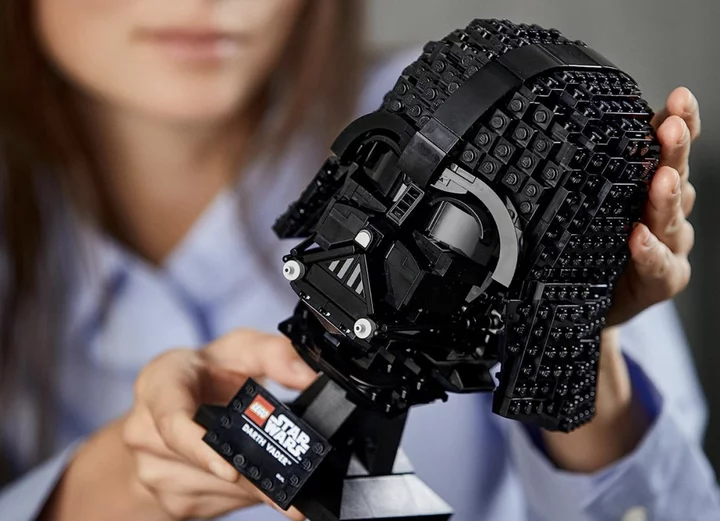
Save 17% on a Lego Star Wars Darth Vader helmet this Prime Day
TL;DR: The Lego Star Wars Darth Vader Helmet is a great gift for collectors. Save
2023-07-11 21:51

Top UN rights body confronts Koran burning
The United Nations said hate speech was on the rise everywhere, as the UN Human Rights Council held an urgent debate Tuesday...
2023-07-11 21:47
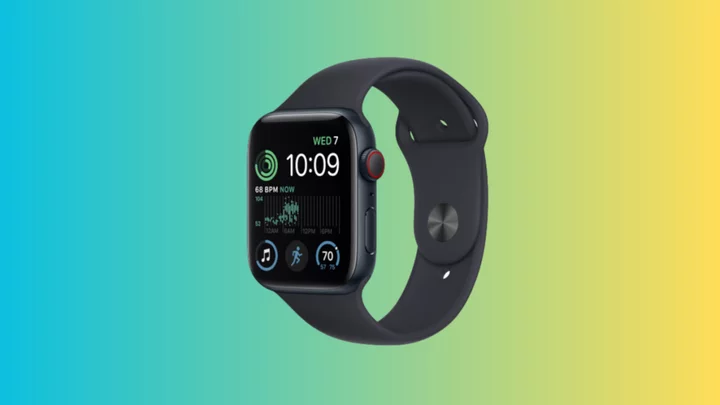
The Apple Watch SE (2nd Gen) is on sale for under $200 this Prime Day
TL;DR: The Apple Watch SE (2nd Gen) is on sale for $199.99 this Prime Day.
2023-07-11 21:46
You Might Like...
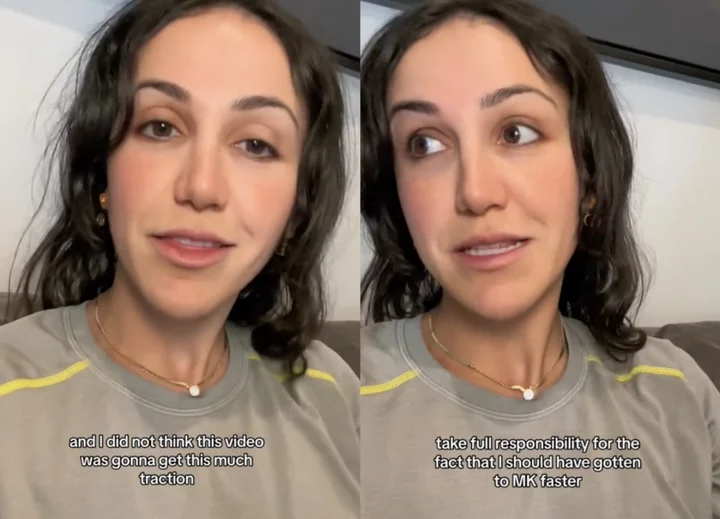
Mother reveals ‘one regret’ after parent refused to give her daughter cake amid viral debate

Transgender influencer Dylan Mulvaney says Bud Light didn't support her during backlash
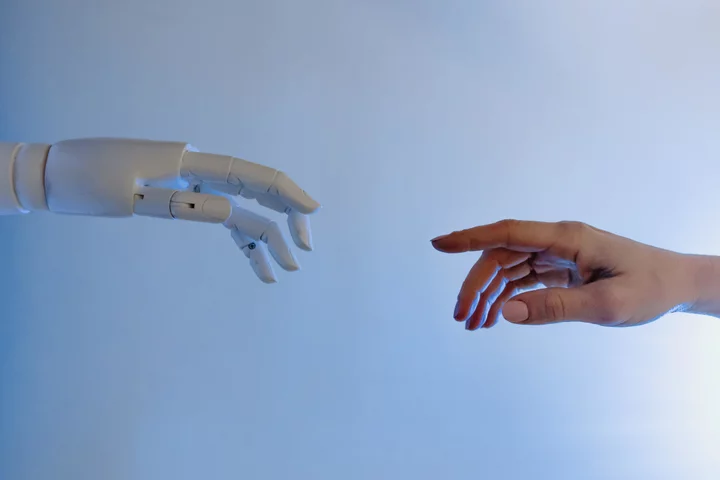
10 of the best artificial intelligence courses you can take online for free
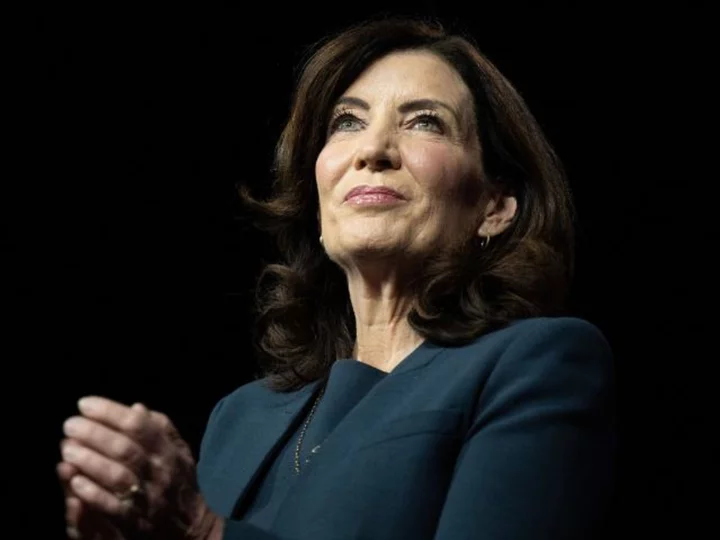
New York governor signs bill to legally protect doctors who prescribe abortion pills for out-of-state patients into law

Twitter's Rebrand To X Might Happen Soon

Verifying Your Identity on Twitter Will Require Taking a Selfie
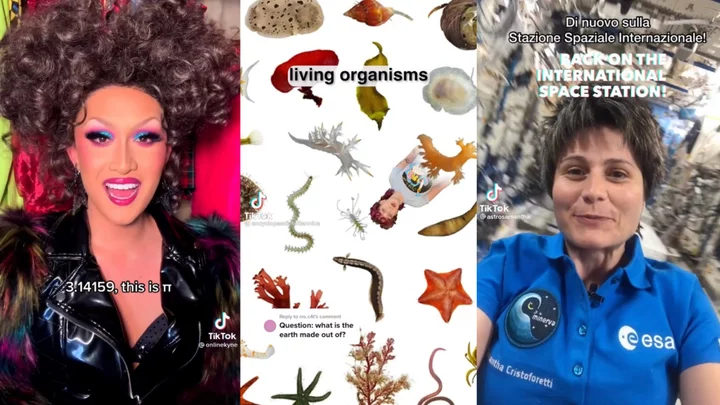
From lake science to bones to snails, these TikTok accounts are STEM treasure troves

So, how hot will Earth get?
